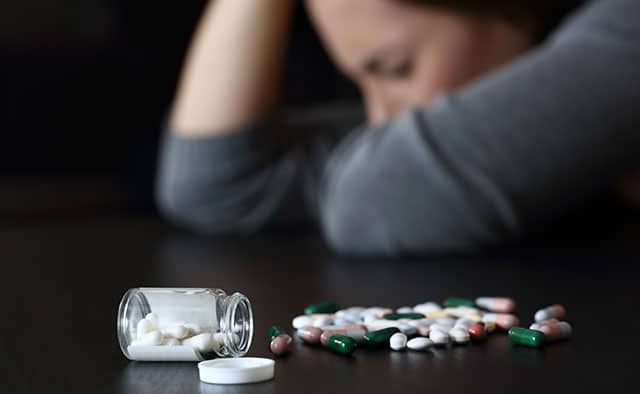The path of addiction recovery is never a straightforward journey. Instead it is filled with lots of hurdles that addicts must overcome.
The scariest part about addiction recovery is relapsing, a significant challenge for many recovering addicts. But when it happens, it is the responsibility of addicts to get back on the recovery path.
So, what should you do when you experience a relapse in your addiction? Here are a few essential actions you can consider.
Accept and Seek Professional Help
One way to overcome addiction relapse is by accepting the relapse in the first place. Living in denial only makes your path to recovery harder. Accepting your addiction relapse comes from empathy and compassion for yourself and realizing that you are not a perfect human being.
Consequently, if you feel you are experiencing a relapse or have relapsed quickly, seek professional treatment. You can also seek help from your immediate family members and friends who can help you cope with your relapse.
Keeping to yourself will make the situation worse. That way, you are in a better position to stay on the recovery path and avoid undoing all the hard work you have put in before.
Minimize Exposure to Your Triggers
Different addictions have different triggers, which can lead you back to your addiction. Triggers are cues that remind you of your addiction. Yes, those triggers are the ones that can initiate your relapse and which you should minimize or avoid altogether.
For instance, if you are a recovering alcoholic, being around alcoholic pubs, attending parties, or associating with friends who consume alcohol can ignite your cravings. The best way to minimize such triggers is to steer clear until you are confident in your ability to resist them.
Reassess Your Lifestyle
Relapsing is not a sign of failure. Instead it is a sign that you need to rethink your lifestyle. Possible loopholes in your lifestyle could be the reason you have relapsed back to your addiction.
Nonetheless, that can change by taking on positive lifestyle changes to get you back on the recovery path. Some of the things you can do include reading, traveling to new places, taking-up classes to build on your skills, joining a recovery group, volunteering, exercising, writing, and sticking to your recovery plan.
Undertaking such activities will give you a new perspective on life and the confidence to face your addiction until you fully recover. It might get complicated, but the results will pay off ultimately.
Stay Committed to Your Recovery
Want to achieve complete addiction recovery? Well, it is imperative to understand that the ball is on your court. Take time to rethink your relapse and why it happened.
The answers you get from your introspection should give them the resolve to kick-start your recovery. The path to complete recovery requires commitment and determination. Despite your relapse, you must be willing to work hard to achieve sobriety from your addiction.
Relapsing should not make you feel like a failure. Instead, it should serve as a learning experience and motivator to get back on track. Remember, you are not recovering for your friends and family. Rather, it is for yourself and your general well-being. The risk of you relapsing again will be minimized with your undeterred commitment and determination to recover.
The Editorial Team at Healthcare Business Today is made up of skilled healthcare writers and experts, led by our managing editor, Daniel Casciato, who has over 25 years of experience in healthcare writing. Since 1998, we have produced compelling and informative content for numerous publications, establishing ourselves as a trusted resource for health and wellness information. We offer readers access to fresh health, medicine, science, and technology developments and the latest in patient news, emphasizing how these developments affect our lives.








